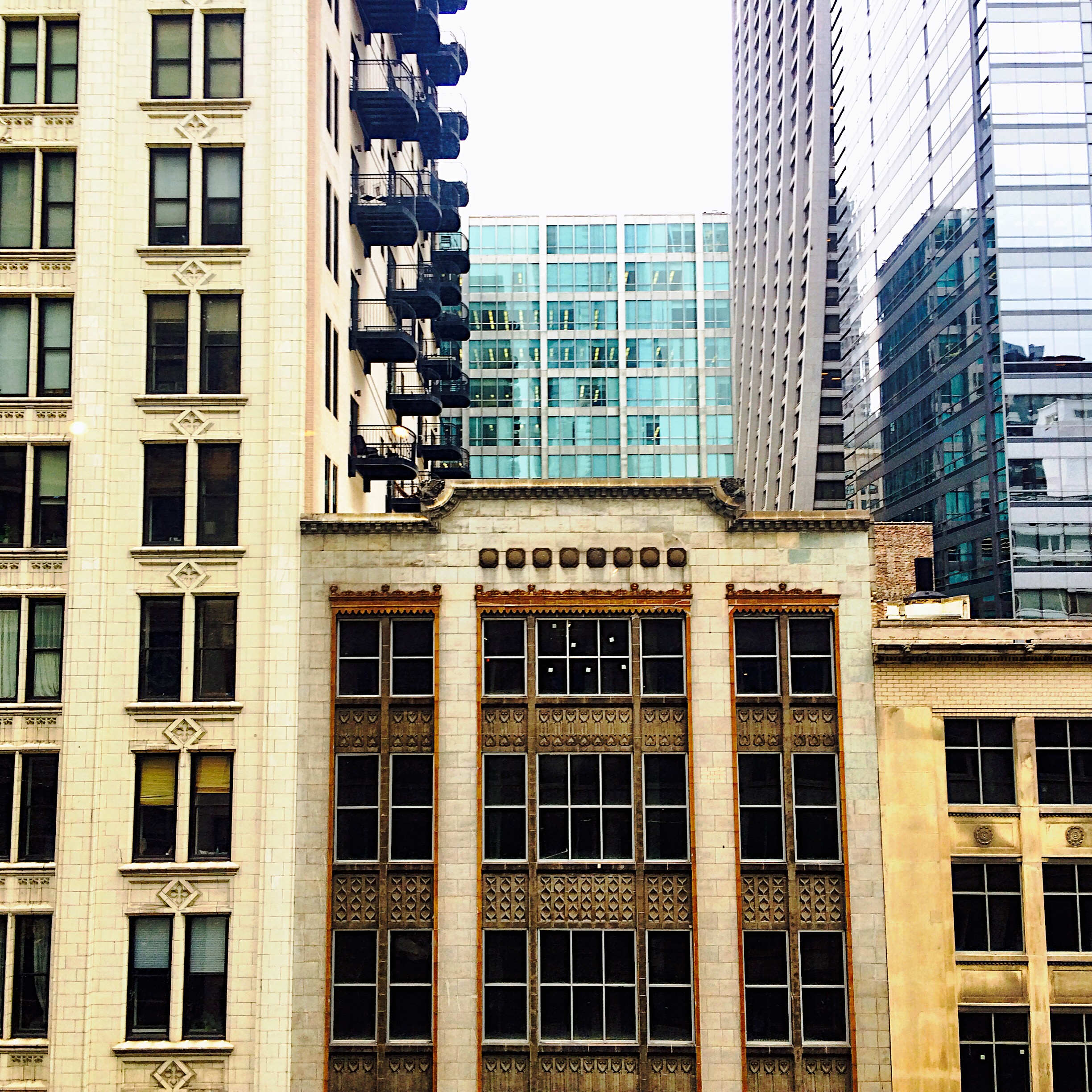AIA Architect Ι Oct. 16, 2015
In Chicago, size matters. It’s been host to the tallest skyscraper in the world (more than once), the biggest building in the world, and grand visions that reverse the flow of rivers. So the 2015 Chicago Architecture Biennial was bound to be a behemoth, featuring more than 100 firms from over 30 nations. “It’s the largest exposition of contemporary architecture in the history of North America,” said co-artistic director Sarah Herda. “I just can’t stop saying that.”
Herda and co-artistic director Joseph Grima chose a loose theme for the event: “The State of the Art of Architecture,” inspired by a Stanley Tigerman, FAIA–helmed conference held at Chicago’s Graham Foundation in 1977. But by and large, the ghosts of exhibits past do not haunt the Chicago Cultural Center.
Beyond the influence and input of Tigerman, Chicago’s intellectual architecture fulcrum since the dissolution of classic Miesian Modernism, the participants are a young and hungry crowd intent on stretching the typical boundaries of architecture. It’s a sharp counterpoint to the main exhibit hall of the last biennial, in Venice. The Rem Koolhaas–curated affair burrowed about as far into the traditional strictures of architecture as you can go, with a deep dive into the “fundamentals” of architecture—literally ceiling, door, window, toilet. Dedicated to “[improving] the quality of the built environment and consequently people’s quality of life,” the next Venice Bienniale looks as though it will take a clue from Chicago.
As Grima and Herda surveyed the international architecture scene, they were continually encouraged by how Chicago kept popping up in unexpected places. “Chicago has defined what we understand as the city today across the world,” Grima said. “We found traces of dreams that began in this place in so many corners of the world.”
One of the most striking examples here is the Offset House from the Australian firm otherothers, which tears away the derivative façades of typical suburban housing to reveal simple stick-framed structural grace. The balloon frame was developed in Chicago, and otherothers uses it to create semi-public open-air verandas.
There are certainly prescriptions for better favelas in South America, but the biennial’s most lucid design solutions for social equity are closer to home. Studio Gang’s Polis Station aims to better connect Chicago police stations and the neighborhoods they serve by grafting on community-based programs.
Iker Gil’s exhibition within an exhibition, Bold: Alternative Scenarios for Chicago, gathers the city’s best young design talent and sets them loose. Massive, sectarian, broke, and exceptionally violent in spots, Chicago needs every decent idea it can get. The exhibit’s centerpiece states one problem richly and succinctly: What to do with the 15,000 city-owned vacant lots? David Schalliol’s photographs of Chicago houses marooned by decaying urbanism give a visceral sense of the vast tracts of poverty left behind in the city’s ongoing renaissance.
On the other side of the exhibit wall come answers from nine Chicago firms. Landon Bone Baker suggests and informal gathering of small-scale industrial maker spaces for the South Side. Port Urbanism proposes filling in Lake Michigan east of Lake Shore Drive to create a new skyscraper district. UrbanLab suggests re-reversing the flow of the Chicago River. Several BOLD entries use landscape architecture and urban planning to tackle infrastructural failures beyond the building-scaled property line.
Several exhibits suggest that architecture is simply what happens when you manipulate scale. Endlessly Instagramable, Sou Fujimoto Architects’ Architecture Is Everywhere places miniature human figures in and amongst found objects (crumpled Styrofoam, stacked pingpong balls, potato chips).
A great many exhibits work at the intersection of art and architecture, and freed from a need to build, it’s no surprise that these are among the biennial’s most striking aesthetic contributions. Moon Hoon’s Doodle Constructivism drawings are psychedelic sci-fi anime nightmares. Equally stunning, and much more likely to yield architecture, is Gramazio Kohler Research and the MIT Self-Assembly Lab’s Rock Print, which stacks featherweight, pumice-like stones nearly to the gallery ceiling with nothing more than string.
Throughout, the Cultural Center’s Beaux-Arts flourishes and coffered ceilings form an enigmatic contrast with the angular and contemporary exhibits. But there’s plenty to see outside this venue. A host of satellite exhibitions (at the School of the Art Institute of Chicago, the University of Chicago Neubauer Collegium, and the Museum of Contemporary Art Chicago) are headlined by curator Zoe Ryan’s David Adjaye, Hon. FAIA, exhibit at the Art Institution of Chicago.
Adjaye’s emphasis on developing-world urbanism is also seen in one of the most humble and humanist exhibits of the biennial: Yasmeen Lari and the Heritage Foundation of Pakistan’s Barefoot Architecture. Lari, the first female architect in Pakistan, extends preservation far beyond the privileged North American NIMBY perspective it’s often caricatured as being. Her work with disaster-resilient housing uses vernacular materials (mud, bamboo, lime) to create low-carbon dwellings. She teaches other women to build these homes, with brief stops at eco-primitive product design—namely fuel-efficient stoves and eco-toilets. Barefoot Architecture is a metaphor for the biennial itself—architecture bringing in previously excluded voices, located in a specific cultural context with a social mandate, reaching past its traditional borders.
